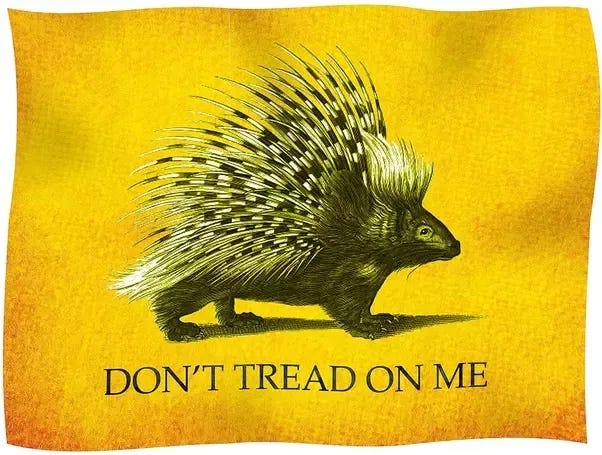The Third Party Paradox and the Illusion of Choice
Why are Americans trapped in a two-party system?
In the American political landscape, there has long been a recurring phenomenon that I will call the "Third-Party Paradox." It refers to the consistent trend where a significant number of Americans express a desire to vote for third-party candidates, seeking alternatives to the two major parties, yet fail to follow through with their intentions when it …



